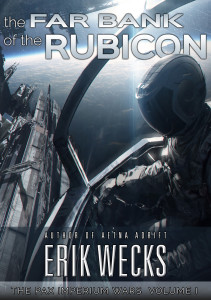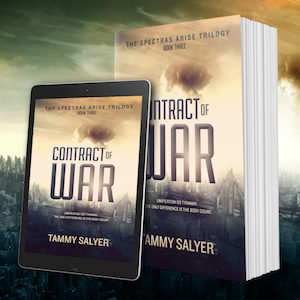Dear Bloggolicious! I'm thrilled to bring back my marvelous friend, mystery writer Susan Spann, today to discuss her latest release in the Shinobi Mysteries and writing in general. Before diving in, I must say how much I love her books Claws of the Cat and Blade of the Samurai (read my reviews to know more about them); they're they kinds of stories that transport you, and have enough twists and intrigues that you want to read them more than once. Take it away, Susan!
1. What in the world made you want to write about 15th century Japan and samurai culture?
I’ve loved medieval Japan since I saw the Shogun miniseries in 1980 (the one starring Richard Chamberlain, for those old enough to remember). The following day I went to the library, got the book, and I’ve been hooked on Japanese culture and history ever since.
When it comes to the Shinobi Mysteries specifically, I had a slightly more dramatic experience. While standing in front of the bathroom mirror getting ready for work in 2011, a voice in my head said, “Most ninjas commit murders, but Hiro Hattori solves them.”
I was startled, but I also knew immediately that this was a series I had to write.
2. How much research do you do, and does most of it occur midstory or before you start writing?
Short answer: LOTS of research. And it happens both before and after I start writing.
Each book in the series is set in or around a different aspect of medieval Japanese culture—for example, the murder in Blade of the Samurai takes place in the shogun’s palace. Before I start writing, I usually read at least two books (and lots of articles) on the subjects that form the “sets” for the mystery. In this case, that meant the Ashikaga shogunate and samurai in Kyoto.
While writing, I always come across finer details I need to research—for example, the precise location and layout of the shogun’s palace in 1565. I don’t stop drafting—I’ll usually just insert a note, like ***find location of palace*** and keep on writing. If the scene or detail is still in the story by the time I reach Draft 4, I stop and find the answer through research.
A lot of the background “research” comes from things I already know, because my undergraduate degree is in Asian Studies, with a concentration in Chinese and Japanese history—so fortunately I wasn’t flying blind when I started out!
3. Now that the first two books are released, what's next for the series?
The third Shinobi Mystery, Flask of the Drunken Master, will release in July 2015, and I’m already working on book 4, working title Blood of the Outcast. I’ve got a series outline that continues beyond that, and I’m hoping to have the chance to write more books in the series.
4. Do you have any side projects, either in the Shinobi series setting or extraneous to it?
I do! But if I told you…I’d have to kill you….
Kidding aside, I just finished a new novel in what might become a second mystery series. I can’t say much about it now, except that it’s also set in feudal Japan. Hopefully I’ll be able to say more about it soon.
The Publishing Paradigm
5. You and I do a lot of cross comparison of indie vs. trad. Have you ever considered the indie route? Why or why not?
I considered all of the options before deciding to take the traditional publishing route with my mystery series. I think it’s important for every author to handle his or her writing career like a business (a value you and I share!) and to consider all the options and make the business decision that best fits the author’s business needs.
For me, the decision to pursue traditional publishing relates to my desire for business partners to handle certain aspects of the publishing process, allowing me to split my time between writing/promotion and my other day job, where I’m a publishing lawyer.
Writing, and the author’s side of promotion, take lots of time. Editing, cover design, and distribution are also time-intensive. The best way for me to operate my business was to obtain “partners”—in the form of a traditional publisher—who would take on some of the heavy-lifting for me, without me needing to keep an eye on that part of the process. In that way, I could work both “jobs”—writer and attorney—without sacrificing the quality of either. However, that also required me to finding a publisher I trusted, with a good reputation, so I could have confidence in the other part of my “business team.” (Fortunately, I’ve found a great partner in Minotaur Books.)
6. What are your thoughts on the hybrid model? Relates to the side-project question. In other words, would you ever consider publishing something unrelated to your Shinobi series on your own?
Short answer: I consider all the options for every project on an individual basis. For me, it’s all about what works best for the project and how it fits in my business model.
The hybrid model (some traditionally-published works and others self- or indie-published) offers great opportunities for authors to reach an audience through different channels. Smart authors are always looking for new and effective ways to deliver high-quality content and reach readers, so I’d never shut an option down without considering how it might work for the project at hand and for my career as a whole.
For the moment, I’m focusing on the Shinobi series, and haven’t really had time to think about much else!
7. You do a lot to give back to the writing community, things like PubLaw and legal advice. What's your motivation for this and what can other authors learn from your example?
My father used to say that every morning, each of us has a choice: we can help make someone’s life a little better, or we can make the decision to make the lives of those we meet a little worse. He also said he hoped I’d always go with option 1.
Dad passed away suddenly in 2009. He never saw my books in print. I like to think that my work with #PubLaw and offering legal advice to authors and editors in need is a way of honoring his life and creating a legacy for those important words. I also hope that people will “pay it forward.”
It really is true that we have that vital choice to make every morning, and also that it doesn’t take a heroic act to improve a life you touch. Sometimes, even little things like a smile or an unexpected kindness makes a far bigger difference than people know.
8. Do you have any upcoming appearances?
I do! Here are my signing dates for the rest of July and August:
Pleasanton, CA: Tuesday, July 29, 2014: 11:00 AM
Reading & Signing: Towne Center Books
555 Main Street
Pleasanton, CA 94566
San Diego, CA: Saturday, August 2, 2014: 2:00 PM
Reading & Signing: Mysterious Galaxy Bookstore
7051 Clairemont Mesa Blvd
San Diego, CA 92111
Citrus Heights, CA: Saturday, August 16, 2014: 1:00 PM
Reading & Signing: Barnes & Noble, Birdcage
6111 Sunrise Boulevard
Citrus Heights, CA 95610
I’ll be in Denver, Colorado at the Tattered Cover on September 3, and also at the Rocky Mountain Fiction Writers’ Conference the weekend of September 5-7.
Thank you so much for hosting me!
Susan Spann writes the Shinobi Mysteries, featuring ninja detective Hiro Hattori and his Portuguese Jesuit sidekick, Father Mateo. Her debut novel, CLAWS OF THE CAT (Minotaur Books, 2013), was named a Library Journal Mystery Debut of the Month. The second Shinobi Mystery, BLADE OF THE SAMURAI, releases on July 15, 2014. Susan is also a transactional attorney whose practice focuses on publishing law and business. When not writing or practicing law, she raises seahorses and rare corals in her marine aquarium. You can find her online at her website and on Twitter (@SusanSpann).









